On the last working day of 2018 at Bournemouth University we congratulate FHSS student Raksha Thapa on the publication of her first PhD paper in her first PhD year. The paper Uptake of Health Services by People from the Dalit Community was published today in the Journal of BP Koirala Institute of Health Sciences [1]. Raksha is supervised by Dr. Pramod Regmi, Dr. Vanessa Heaslip and Prof. Edwin van Teijlingen.
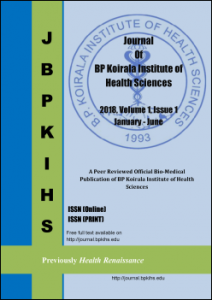
The paper discusses a variety of studies and reports on the uptake of health services in Nepal and other low-income countries by socio-economic cultural status in South Asia. These reports often focus on limitations due to physical factors, such as travel distance to health facility, or lack of medical facilities or electricity at the health care centre or focus on resources, such as lack of service providers, or lack of appropriately trained staff. Therefore, this article highlights the importance of discrimination as a reason for people not seeking available health care. Discrimination is particularly a barrier to service usage among the most deprived people in society, such as the Dalit community in Nepal and South Asia more generally. The authors discuss the caste-based discrimination in Nepal and its effects on health outcomes of those groups who experience such discrimination.
Reference:
- Thapa, R., van Teijlingen, E., Regmi, P. , Heaslip, V. (2018) Uptake of Health Services by People from the Dalit Community, Journal of BP Koirala Institute of Health Sciences 1(2): 1-6.
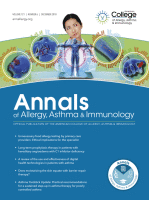


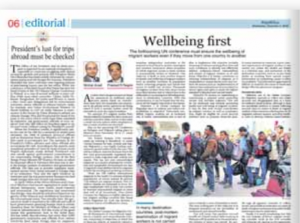
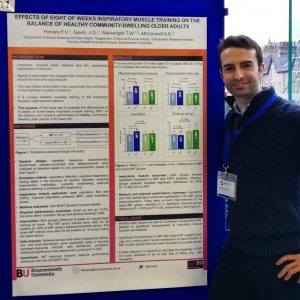

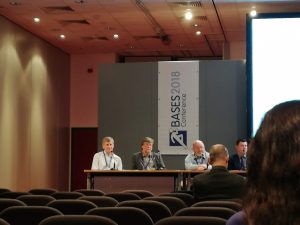












 Beyond Academia: Exploring Career Options for Early Career Researchers – Online Workshop
Beyond Academia: Exploring Career Options for Early Career Researchers – Online Workshop UKCGE Recognised Research Supervision Programme: Deadline Approaching
UKCGE Recognised Research Supervision Programme: Deadline Approaching SPROUT: From Sustainable Research to Sustainable Research Lives
SPROUT: From Sustainable Research to Sustainable Research Lives BRIAN upgrade and new look
BRIAN upgrade and new look Seeing the fruits of your labour in Bangladesh
Seeing the fruits of your labour in Bangladesh ECR Funding Open Call: Research Culture & Community Grant – Apply now
ECR Funding Open Call: Research Culture & Community Grant – Apply now ECR Funding Open Call: Research Culture & Community Grant – Application Deadline Friday 12 December
ECR Funding Open Call: Research Culture & Community Grant – Application Deadline Friday 12 December MSCA Postdoctoral Fellowships 2025 Call
MSCA Postdoctoral Fellowships 2025 Call ERC Advanced Grant 2025 Webinar
ERC Advanced Grant 2025 Webinar Update on UKRO services
Update on UKRO services European research project exploring use of ‘virtual twins’ to better manage metabolic associated fatty liver disease
European research project exploring use of ‘virtual twins’ to better manage metabolic associated fatty liver disease